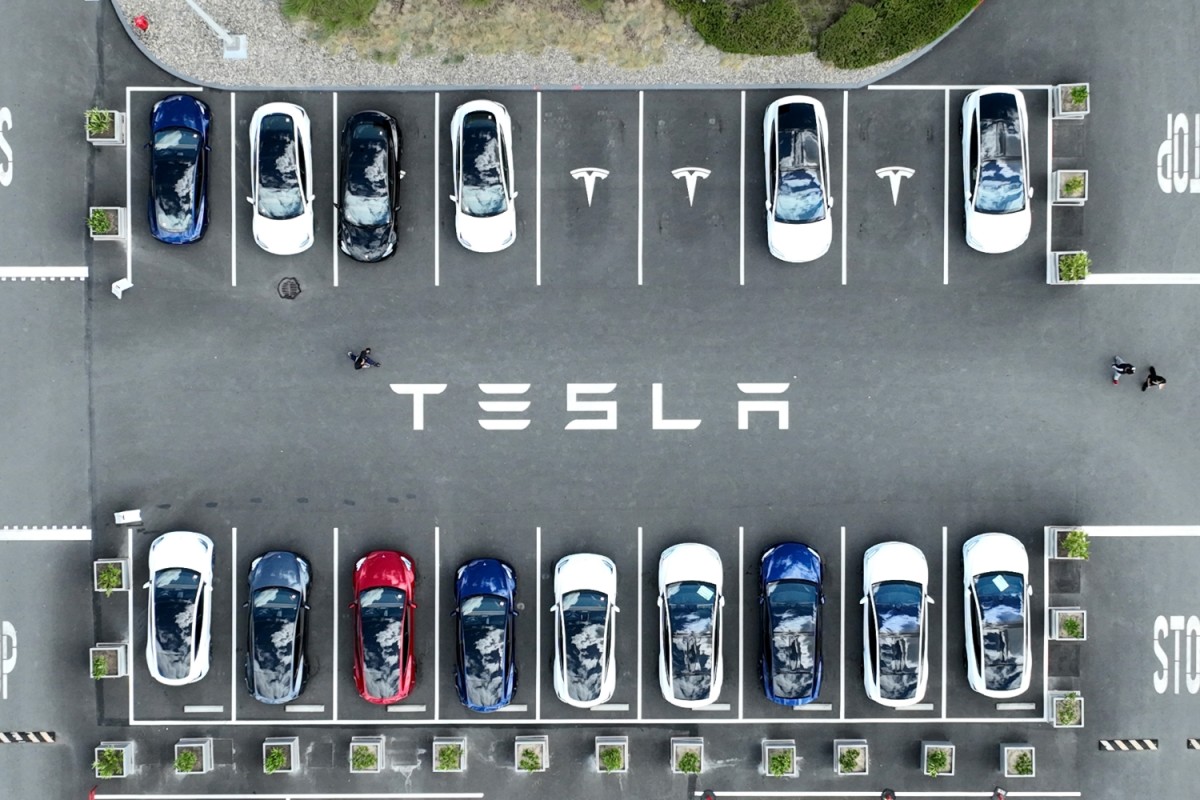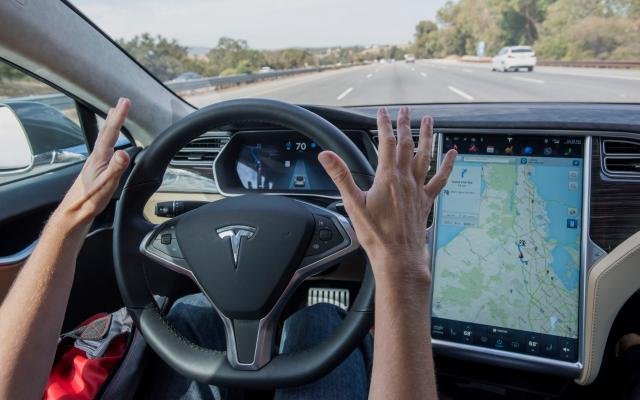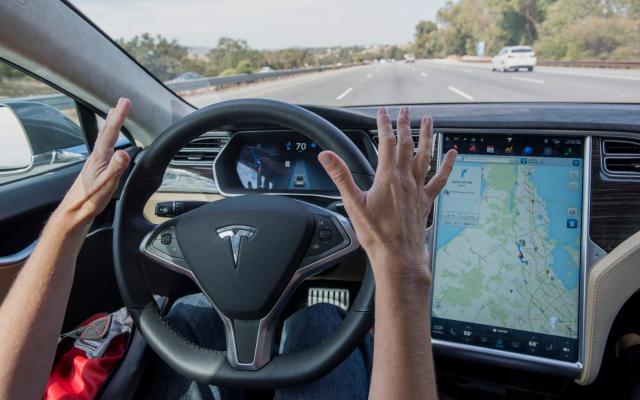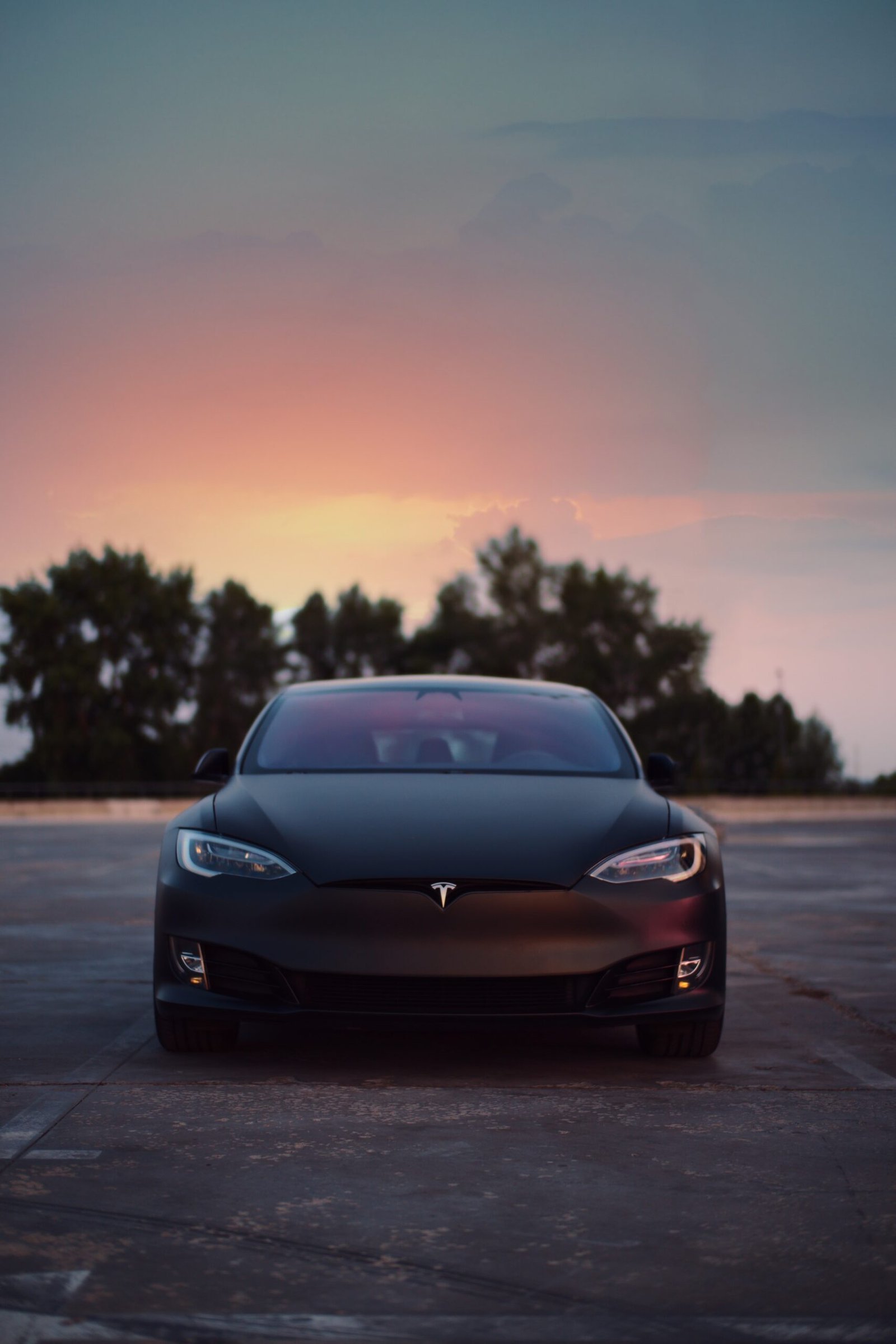- Tesla is recalling Cars to fix the Autopilot monitoring system.
- “While we monitor the efficacy of Tesla’s remedies and continue to work with the automaker to ensure the highest level of safety,” the NHTSA stated in a statement on Wednesday that the investigation into the Tesla company is still ongoing.
- “While we monitor the efficacy of Tesla’s remedies and continue to work with the automaker to ensure the highest safety,” the NHTSA stated in a statement on Wednesday that the investigation is still ongoing.
Tesla is recalling Cars to fix the Autopilot monitoring system.
Over 2 million of Tesla’s model-range vehicles have been recalled in the United States in order to address a malfunctioning system that is meant to make sure drivers are paying attention when using Autopilot.
According to documents released by US safety authorities on Wednesday, the company will release a software update to address the issues.
The National Highway Traffic Safety Administration conducted a two-year investigation into a number of crashes that occurred during the use of the Autopilot partially automated driving system, which led to the recall. A few were lethal.
According to the agency, its investigation revealed that Autopilot’s attention-getting mechanism may not be sufficient and may result in “foreseeable misuse of the system.”
According to the documents, the additional safeguards and warnings will “further encourage the driver to adhere to their continuous driving responsibility.”
Although the recall is a positive step, safety experts pointed out that it still places responsibility on the driver and doesn’t address the fundamental issue of Tesla’s automated systems failing to recognize and stop for obstacles in their path.
Models Y, S, 3, and X manufactured between October 5, 2012, and December 7 of this year are included in the recall. Certain impacted vehicles were supposed to receive the update on Tuesday; the remaining vehicles would receive it later.
Autosteer and traffic-aware cruise control are two of the features that Autopilot offers. Autosteer is designed to be used on restricted-access freeways when it’s not in use, and it has a more advanced feature called Autosteer on City Streets.
Where Autosteer can be used will be restricted by the software update. According to the recall documents, “Autosteer will not engage if the driver attempts to engage it when conditions are not met for engagement. The feature will alert the driver that it is unavailable through visual and audible alerts.”

More checks on whether Autosteer is being used outside of controlled access roads and when approaching traffic control devices, “and eventual suspension from Autosteer use if the driver repeatedly fails to demonstrate continuous and sustained driving responsibility” are among the additional controls that, depending on a Tesla’s hardware, include “increasing prominence” of visual alerts, making Autosteer easier to turn on and off, and more.
According to recall documents, Tesla held meetings with agency investigators beginning in October to discuss their “tentative conclusions” regarding the monitoring system’s fix. Although it disagreed with the agency’s analysis, Tesla said that it consented to the recall on December 5 in an attempt to wrap up the investigation.
Stronger regulation of the driver monitoring system, which primarily determines whether a driver’s hands are on the steering wheel, has been demanded by proponents of auto safety for many years. They have demanded cameras, which are employed by other automakers with comparable systems, to ensure that a driver is paying attention.
“While we monitor the efficacy of Tesla’s remedies and continue to work with the automaker to ensure the highest level of safety,” the NHTSA stated in a statement on Wednesday that the investigation into the Tesla company is still ongoing.
The software update, according to Carnegie Mellon University professor of electrical and computer engineering Philip Koopman, is a compromise that doesn’t address Tesla’s inability to recognize and stop for obstacles and their lack of night vision cameras to monitor drivers’ eyes.
According to Koopman, “the compromise is disappointing because it does not address the issue that the older cars lack sufficient hardware for driver monitoring.”
Koopman and Michael Brooks, the executive director of the nonprofit Center for Auto Safety, argue that one safety flaw that goes unaddressed is colliding with emergency vehicles. According to Brooks, “it’s not getting to the bottom of what the investigation is looking at.” “It doesn’t address the question of why Teslas operating on Autopilot fail to recognize and react to emergency situations.”
“The benefits of doing this now outweigh the costs of spending another year wrangling with Tesla,” according to Koopman, who stated that NHTSA reportedly determined that the software change was the most it could get from the company.
“While we monitor the efficacy of Tesla’s remedies and continue to work with the automaker to ensure the highest safety,” the NHTSA stated in a statement on Wednesday that the investigation is still ongoing.
Despite its name, Autopilot is a driver-assist system that cannot drive itself; instead, it can steer, accelerate, and brake automatically within its lane. The monitoring system is so easily tricked, according to independent tests, that drivers have been caught operating a vehicle while intoxicated or even just sitting in the back seat.
Tesla stated that the Autopilot’s controls “may not be sufficient to prevent driver misuse” in a defect report that it submitted to the safety agency.
Early on Wednesday, a message was left asking the Austin, Texas-based business for additional comment.
According to Tesla’s website, Full Self-Driving and Autopilot are designed to assist drivers who must always be prepared to take over. Tesla owners are testing fully autonomous vehicles on public roads.
Tesla stated that safety is increased when Autopilot is used in a statement that was published on X, formerly Twitter, on Monday.
Since 2016, the NHTSA has sent investigators to 35 Tesla crashes where it believes the cars were operating on an automated system. Countless individuals have lost their lives.
The investigations are a component of a broader NHTSA investigation into several incidents of Teslas using Autopilot and colliding with emergency vehicles. The NHTSA has stepped up its efforts to investigate safety issues with Tesla vehicles, such as the software recall for fully autonomous driving.
NHTSA is under the jurisdiction of Transportation Secretary Pete Buttigieg, who stated in May that Tesla shouldn’t be calling the system Autopilot because it isn’t self-driving.

for more details Share & Comments






